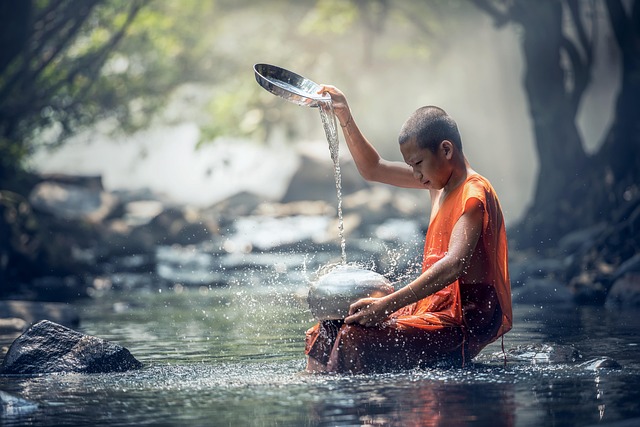In the vibrant world of rap, criticism serves as a powerful double-edged sword. It can elevate an artist to unprecedented heights or bring even the most renowned figures crashing down. Music, especially rap, is an emotional outlet, a form of expression that often reflects the societal issues of the times. Therefore, criticism in rap is not just about dissing another artist or pointing out flaws; it’s intricately tied to the culture, shaping narratives and influencing the trajectory of music as a whole.
When you think about the greatest hip-hop legends, you’ll notice that their careers are often highlighted by the way they responded to critique. From the fierce battle raps of the ’90s to today’s more polished lyrical exchanges, the genre thrives on a culture of rivalry—an aspect that’s celebrated at underground parties and mainstream festivals alike. Fans revel in the tension, as it leads to lyrical masterpieces that encapsulate raw emotions and unfiltered honesty.
The party vibe that permeates rap music also invites a myriad of reactions, both positive and negative. Tracks are crafted for the dance floor, but they often provoke deeper thoughts about social justice, inequality, and personal struggles. This dual nature is where the beauty of criticism lies—it forces artists to engage with their craft on a deeper level. It drives them to innovate, to push boundaries, and to explore new lyrical landscapes.
Every time a big-name rapper drops an album, listeners tune in not just for the beats but for the potential controversies and critiques that follow. Fans dissect lyrics, unravel hidden meanings, and engage in debates over social media, breathing life into the music culture surrounding rap. Criticism becomes an invitation to discuss, argue, and appreciate the art form, creating a community where both artists and fans can thrive.
Moreover, with platforms like YouTube and TikTok, the impact of criticism has magnified exponentially. An artist’s lyric may spark a viral challenge or a debate, influencing the next wave of artists who enter the scene. The cycle of inspiration and critique is an essential part of rap culture; it shapes careers and creates a constantly evolving genre where boundaries are meant to be pushed.
To navigate this sea of opinions, artists often adopt a thick skin, learning to filter constructive feedback from mere haters. The ability to turn criticism into motivation can lead to groundbreaking work that resonates with audiences far and wide. Just as the beats drop hard in a club, the weight of criticism can profoundly shape an artist’s journey, leading them toward their most authentic self.
In essence, the relationship between criticism and rap is a dynamic dance. It enlivens the scenes, drives dialogue, and fosters a culture of resilience and creativity that reflects the complexities of life itself. As hip-hop continues to reshape the music landscape, one thing remains clear: criticism is an integral part of its heartbeat.




